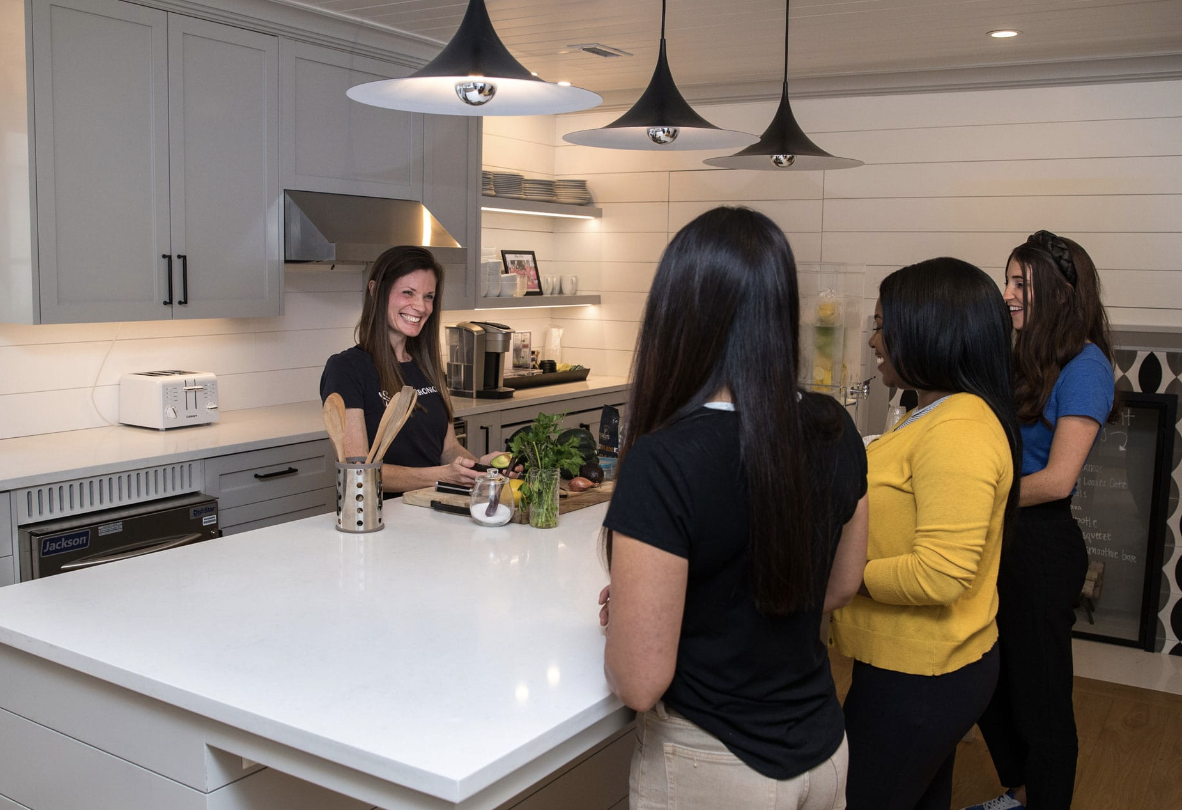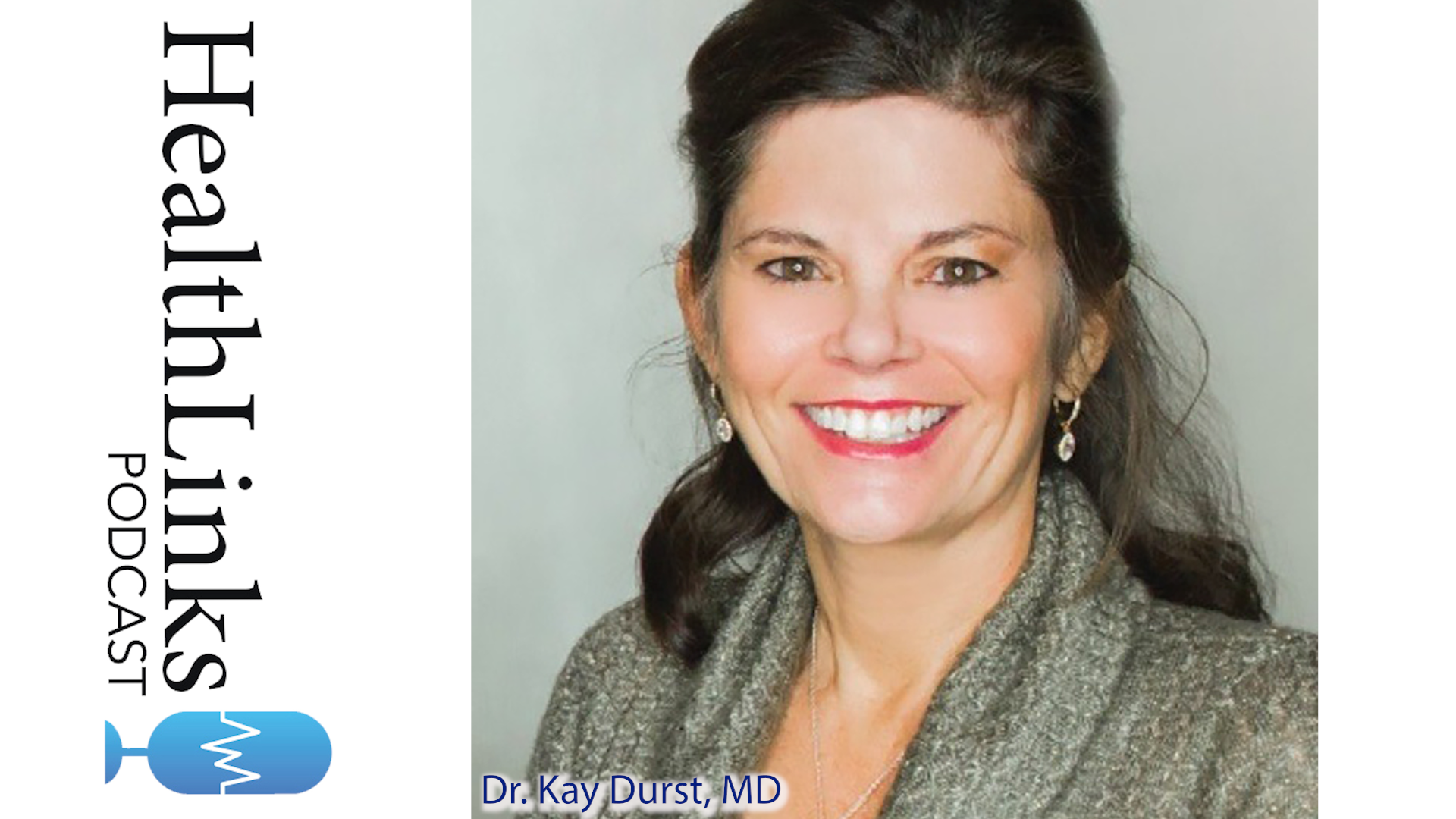Aging for Amateurs: A little about mental health in the time of COVID
A little about mental health in the time of COVID
By
Bill Simpson, MD
We are entering the third year of dealing with the COVID pandemic, and I say “we” because it really is you and me.
We are all living with at least some level of chronic stress due just to our being alive at this time. Questions swirl through our minds — what will come after the omicron variant? Did I just get exposed at the grocery store? Should I get the next booster? Is this just the start of a whole host of new diseases? You get the picture.
This level of chronic stress isn’t benign. Stress can use up some of the resources the brain uses for thinking clearly and rationally and redirect those resources to more emotional or “fight or flight” needs. That can lead to feeling distracted or unfocused. It can, and often does, lead to problems with memory.
Some hidden and not so hidden signs of stress — I expect you all have experienced a number of these during these last two years and perhaps many times further in the past, too: tense muscles or frequent headaches, grinding teeth at night, rapid pulse, shallow breathing, frequent sighing, irritability, negativity and pessimistic thinking, that gnawing feeling in the pit of your stomach, inability to relax, sleep problems, trouble concentrating, over-eating or lack of appetite.
Most of the time stresses are brief. They go away relatively quickly and our bodies return to a “resting” state. But COVID times are not allowing that to occur, at least not for a substantial number of folks. Researchers are finding elevated levels of depression, anxiety and other manifestations of chronic stress across the age spectrum, including the over 65 population.
What to do?
We all know that exercise is an effective way to relieve stress, so keep doing it. A brisk walk is often enough, or several short walks during the day, preferably outdoors. Multiple studies have shown that as little as 10 minutes in a green space has a significant positive impact on stress levels.
Mindfulness or other forms of meditation (Remember the Kirtan Kriya Yoga meditation described in a previous column? If not, search for “Kirtan Kriya Yoga Meditation” for more information).
Music. Plenty of research has shown that music that is soothing or calming to you can substantially reduce stress. Remember though, that most of us have our own personal favorite(s), so use headphones or earbuds around others, so as not to “inflict” our tastes on someone else.
Deep breathing. Inhaling through the nose and exhaling through the mouth slowly and deeply can be very effective in reducing stress. Three to five breaths are often enough to induce calm.
Eat a high-quality, nutrient-dense diet and avoid ultra-processed foods.
Decrease or eliminate caffeine. We don’t need anything else to potentially add to our agitation.
Take time for yourself. Keep up with other health issues.
Spend time with family and friends.
Set boundaries and learn to say “no” when you need to.
Cuddle with your favorite human and/or pet. The pandemic has made it hard to get enough touch time. We all need it.
Many people also find working with a mental health professional very helpful when self-care isn’t as effective as you would like it to be.
And a brief reminder about seasonal affective disorder (SAD). It can certainly coexist with chronic stress related to the pandemic. Even though days are getting slightly longer, they are still relatively short and our weather continues to reduce hours of sunlight. Sunlight helps regulate serotonin (which is a mood-affecting chemical) and melatonin (essential for a normal sleep-wake cycle).
According to most authorities, about 5 percent of all adults have SAD, with these symptoms, occurring during the “dark” time of the year: feeling down most of the day, little interest in activities that are normally enjoyed, some weight gain, sleeping too much, trouble concentrating. There may even be thoughts of death or suicide (call your doctor or get other help right away if you have this one).
If symptoms are mild, get outside regularly to get more natural sun exposure, particularly early in the day. Keep up a regular routine of exercise (to help with depressive symptoms, it appears that 45 minutes a day is a good level to shoot for) and connect with others, even if you don’t feel like it.
If symptoms are more significant, see your primary care physician who may prescribe an antidepressant and/or light therapy. Light boxes are available without a prescription, but I would get a diagnosis and recommendations from your physician before using one, and would also talk to your eye doctor if you have retinal disease.
Take good care of yourself in these difficult times.
Share This With Your Colleagues, Choose Your Platform!
upcoming events
news via inbox
Stay up to date!










